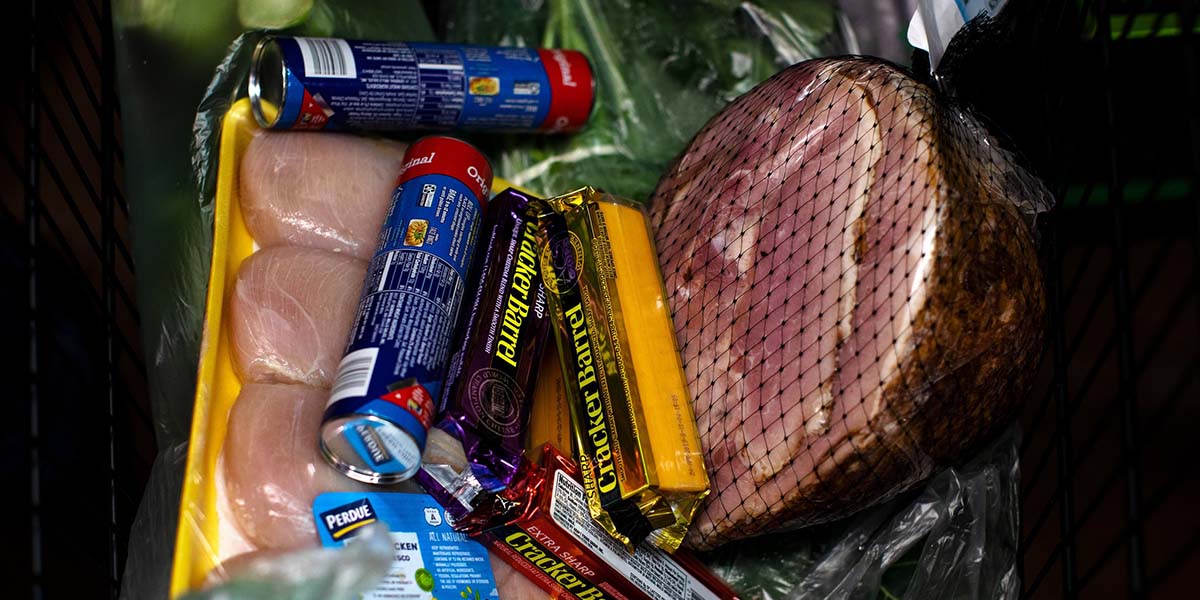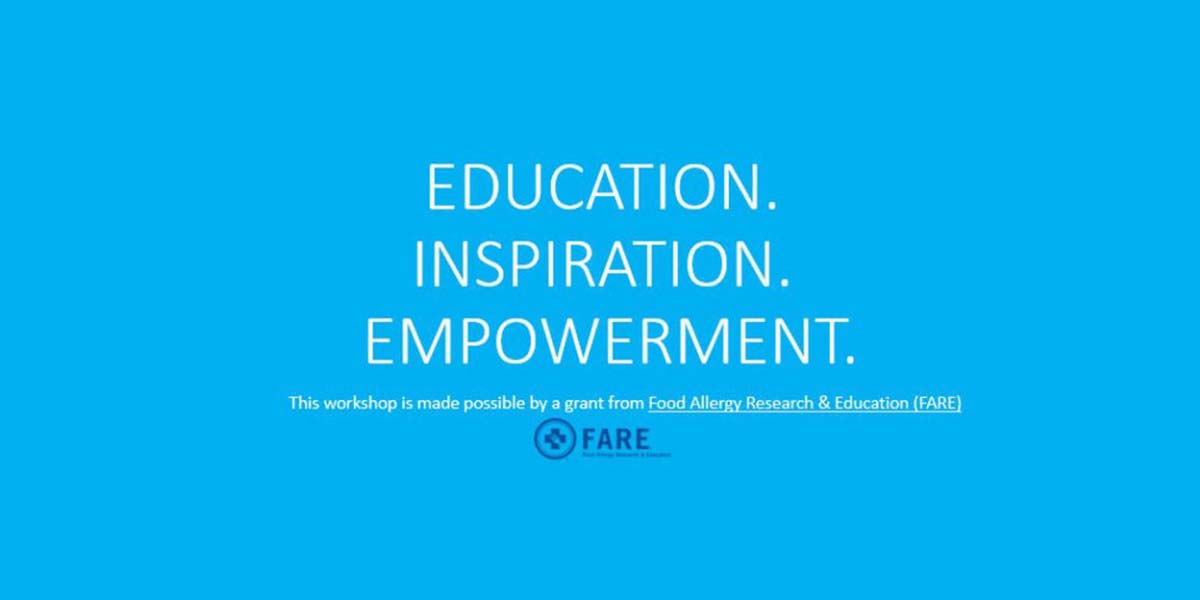Patients often ask for reasons we have seen an increase in allergic diseases, including asthma,…

Food Allergy ABCs
Here’s a new checklist to help you help school staff be prepared for this school year
How would you feel if children were allowed to bring half-loaded guns to school? As more than 2.2 million children with food allergies head back to school in coming weeks, many of them face similar dangers. With some of these children, exposure certain foods they are allergic to can elicit a severe life-threatening situation within minutes. Further, many school districts have had to decrease nursing staff considerably. Consequently, many schools are left with untrained staff members to care for the emergent health needs of students. I encourage parents, in cooperation with school staff, to take measures to ensure safety.
Here are some things the American Academy of Allergy, Asthma, and Immunology recommend you consider prior to sending your food allergic child to school. See their website at www.aaaai.org
[fancy_list variation=”green”]- Open and frequent communication between parents and school staff is a key ingredient to keeping food-allergic students out of harm. It takes a partnership to establish effective avoidance strategies and emergency plans.
- Complete a food allergy action plan
- Work with your allergist/immunologist in developing this plan. An allergist/immunologist is the best-qualified medical professional to diagnose and treat food allergies. To find an allergist/immunologist near you, visit www.aaaai.org/physref.
- Inform the school cafeteria, teachers and other staff of what foods to avoid. Offer safe alternatives. Pack bag lunches if cafeteria options are limited.
- Dangers from food are not limited to the cafeteria. Food is frequently used as a reward, incorporated into art projects and provided at after-school activities. Be sure every adult who interacts with a child is aware of his allergies.
- Have your child avoid classroom snacks and sharing food with friends. Send safe snacks to school anytime the classroom is having a party (birthday, holidays, etc.).
- Work with the school to establish a peanut-free lunch table/room.
- Advocate for “no eating” policies on buses and in other settings where kids aren’t supervised.
- People who are commonly around the patient, such as school nurses and teachers, should know how to use the injectable epinephrine.
- Parents should be aware of expiration dates and keep in contact with their allergist to insure that all medication, especially self-injectable epinephrine, is replaced prior to expiration.
- Have your child wear an identification bracelet that describes the allergy.
Encourage your school district and PTA to work with the allergist/immunologist in your area as they can provide assistance in developing appropriate policies and procedures to handle food allergy – both in prevention and treatment.
Food allergy is a real and serious health care concern that should not be ignored or taken lightly. Hopefully, we can create a school environment that maximizes safety and minimizes unnecessary risks with communication and coordination of care between students, parents, school staff, and physicians.



